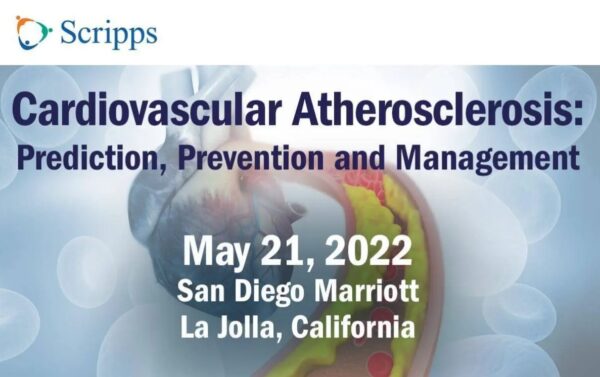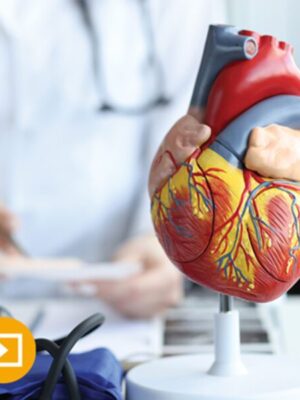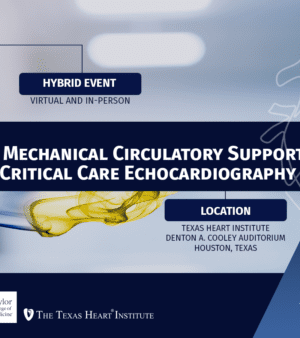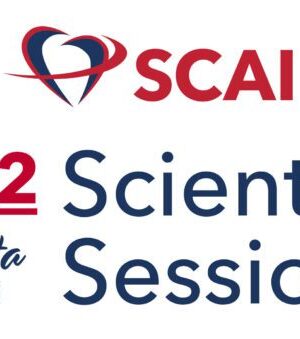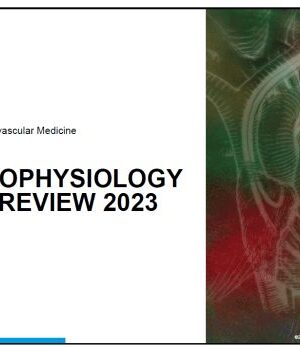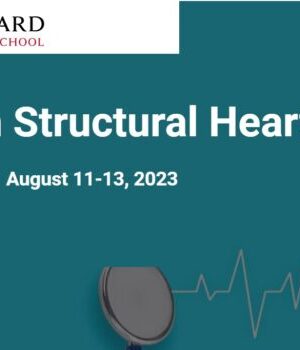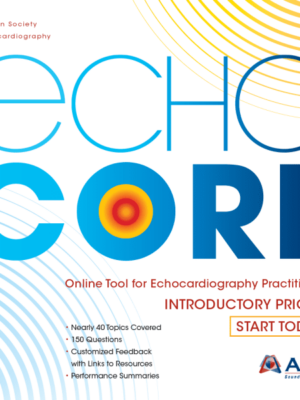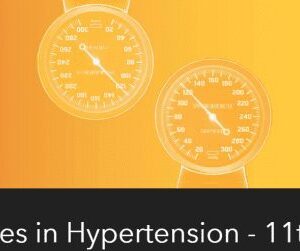No products in the cart.
+ Include: 14 videos + 1 pdf, size: 3.08 GB
+ Target Audience: cardiologists, endocrinologists, internists
Description
+ Include: 14 videos + 1 pdf, size: 3.08 GB
+ Target Audience: cardiologists, endocrinologists, internists
+ Information:
Course Overview
Atherosclerotic cardiovascular disease is a common problem which may begin early in life and progress as a person ages. The atherosclerotic condition involves lipid deposition of the arterial wall, which involves the immune system, inflammatory mediators, and the endothelial system. Over time, if developing atherosclerosis is left untreated, it may be progressive and can result in several dangerous and life-threatening cardiovascular conditions including myocardial infarction, carotid artery disease and stroke, among others. While atherosclerosis can often be prevented through good lifestyle choices including proper diet and exercise, a number of therapeutic options are available for patients where lifestyle changes may not be enough.
Over the past several years there has been a substantial increase of clinical trials specifically dedicated to the management and treatment of atherosclerosis and underlying risk factors. These studies have generated comprehensive data on a large number of randomized patients and have led to new indications for medical therapies. Clinicians need to be familiar with these evolving clinical diagnoses and novel therapeutic options for their patients. The Scripps Cardiovascular Atherosclerosis conference is designed to offer a comprehensive summary of these new treatment options as well as to promote clinical awareness regarding prudent lifestyle and dietary choices to improve patient outcomes.
Educational Objectives
After attending this live internet activity, participants should be able to:
Identify cardiac risk factors and estimation of patients’ clinical risk.
Explain mechanism and indication of PCSK9 inhibitors and omega 3 fish oil.
Summarize mechanism and indication of SGL2 inhibitors as well as GLP1 agonists’ mechanisms of action and cite indications for use.
Describe the cardiovascular benefits associated with diet and exercise modifications.
Assess cardiac CT scoring and utility of coronary CTA.
Illustrate polygenetic risk scoring in primary prevention of atherosclerotic cardiovascular disease.
Target Audience
Cardiologists
Endocrinologists
Internists
General Practitioners
Nurses, Nurse Practitioners, Physician Assistants
+ Topics:
Atherosclerosis is Inflammatory-Douglas Triffon, MD.mp4
Cardiodiabetology- Expanding Your Specialty -Samantha Harris, MD.mp4
CT Coronary Calcium Scoring, Hard Plaque and Soft Plaque Visualization- Where Are We At- — Matthew Budoff, MD.mp4
Dietary Guidelines, Current Dietary Patterns and Cardiovascular Risk Association Sandeep Mehta, MD.mp4
Exercise and Sports Cardiology-Jeffrey Hsu, MD, MPH, PhD.mp4
Hormonal Influences on Vascular Disease-Poulina Uddin, MD.mp4
How Do I Reverse Coronary Plaque-Christopher Suhar, MD.mp4
Hypertension Updates- Pharmacotherapies with A Focus on Clinical Cases-Luke Laffin, MD.mp4
Non-statin Pharmacotherapies for Risk Reduction-Michael Wilkinson, MD.mp4
Panel Discussion_Q&A1.mp4
Panel Discussion_Q&A2.mp4
Panel Discussion_Q&A3.mp4
Panel Discussion_Q&A4.mp4
Select Dyslipidemia Cases David Cork, MD.mp4
Program.pdf

